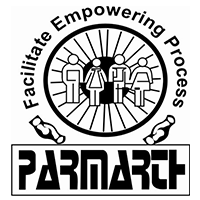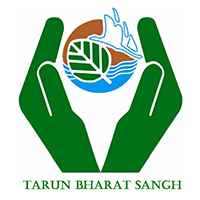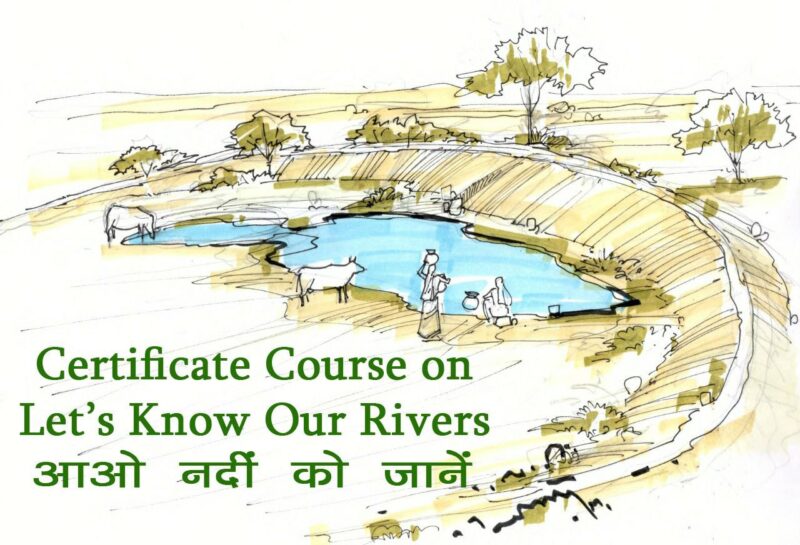
Course Description
You are aging in a beautiful manner but are rivers around you aging beautifully? Are you aware about any such river which used to flow in your area but is dead to quench the human hunger? The rivers which we worship are on the verge of dying. Each and every river has a story to tell but we have crippled them by encroaching and polluting them to satiate our desires. There is an urgent need for the young generation to understand the complex ecosystem of the rivers. It is also necessary to connect the heart and soul of people with water and river related issues and to make them understand the science, economics, culture and spiritual aspects of water in its various forms, especially the rivers.
The time has come where we join hands with the communities who are solely dependent on these rivers for their survival and also adopt possible steps at an individual level to revive the groundwater table. There lies a warrior in all of us. This certificate course will shape the warrior inside you if you want to bring change. If you are the one who is seeking to learn more about the foundation of human civilization join this self-paced certificate course where you get to learn all about the evolution, importance, habitats and crisis associated with our rivers. Learn how traditional methods of conserving water have helped communities to revive dead rivers back to life.
Features
Course Highlights
Have you ever wondered what rivers are, how they are formed, what purpose do they serve? Module I is designed to answer all your questions about the existence and importance of rivers. India has a number of perennial rivers which helped in the evolution of human civilisations. This module will walk you to the rivers and help in understanding the river system.
Do you know how many habitats a river supports? This module is especially designed to help you understand how a number of habitats rely on rivers for their survival. From providing home to a number of animals and to quench human thirst, a river has sacrificed a lot. Let us understand the threats rivers possess just to ensure that human survival is not hampered.
Are you aware how the groundwater is recharged just by following simple traditional methods? The third module of this certificate course is structured in such a manner that you will be inspired by the communities who followed traditional wisdom to recharge groundwater and brought bone dry rivers back to life. Not only the villagers have responsibility to revive the dead streams but a person residing in a high rise building can effectively manage water and help in replenishing the groundwater table. This module will also take you to virtual tours of villages where communities joined hands together to save each and every drop of rainwater by adopting watershed management.
The final module of the Certificate Course- Come, let’s know our rivers showcases a case study of River Agrani through which you will witness how the conceptual and practical approaches of river rejuvenation come together to bring a river back to life! Dr. Rajendra Singh will explain how the paradigm of Climate Change is intricately connected with the rivers.
Know Your Experts

Dr. Rajendra Singh
Popularly known as the “Waterman of India”, Rajendra Singh is a water conservationist and environmentalist who is credited with mobilizing local communities to adopt the traditional wisdom of rainwater harvesting to rejuvenated rivers in water-scarce regions. His hands-on experience in the field of water conservation for the past 4 decades will definitely motivate you to adopt the best practices to conserve water. He was awarded the Stockholm Water Prize in 2015 and the Ramon Magsaysay Award in 2001 for Community Leadership.
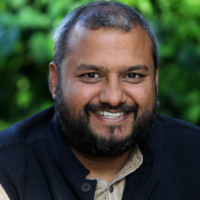
Maulik Sisodia
Maulik Sisodia is the executive director of Tarun Bharat Sangh, a four decades old water-focused NGO that has been focused on bringing water security to the parched villages in India. He has closely worked with communities to help them adopt the best practices of watershed management. Maulik is an MBA graduate from Symbiosis Institute of International Business, Pune and an Aspen’s NewVoices & LEADIndia fellow.

Dr. Nilesh Heda
Dr. Nilesh Heda, a fish biologist, holds diverse experience in the field of Ecological studies. He has been awarded the Rufford Small Grant for Nature Conservation, U.K. He is also the Honorary Ex-officio member, District level monitoring and vigilance committee, DRDA, Washim district. Apart from being a mentor, Dr. Heda has closely worked with communities to gauge changing ecology of rivers in eastern Maharashtra. He possesses crucial knowledge on conserving riverine ecosystems and other natural habitats which is the need of hour.

Pooja Bhati
Pooja Bhati is one of the rare combinations of educational qualifications with MBA in HR and a counsellor psychologist with specialisation in Talk Therapy. She dreams of becoming a clinician psychologist one day. She also holds a diploma in photography. She holds 11 years of hands-on experience in the field of social development. She takes care of Social Media Communications and public relationships at Tarun Bharat Sangh.
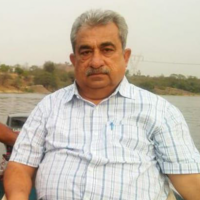
Narendra Chugh
Narendra Chugh is an Alumnae of Symbiosis College, Pune. He is associated with Jal Biradari as coordinator of Agrani River Basin Rejuvenation Programme. The main goal of this programme is to make the river perennial and livelihood generation for the communities dependent on this river. Chugh is also the founder trustee of Jaldindi Pratisthan (Pune), a river expedition that aims to create awareness on environmental issues with respect to rivers. He closely works with youth to provide them an opportunity to interact with the villagers along the river and learn about the effect on their health because of untreated industrial effluent of Pune and Pimpri Chinchwad.
Course Partners


